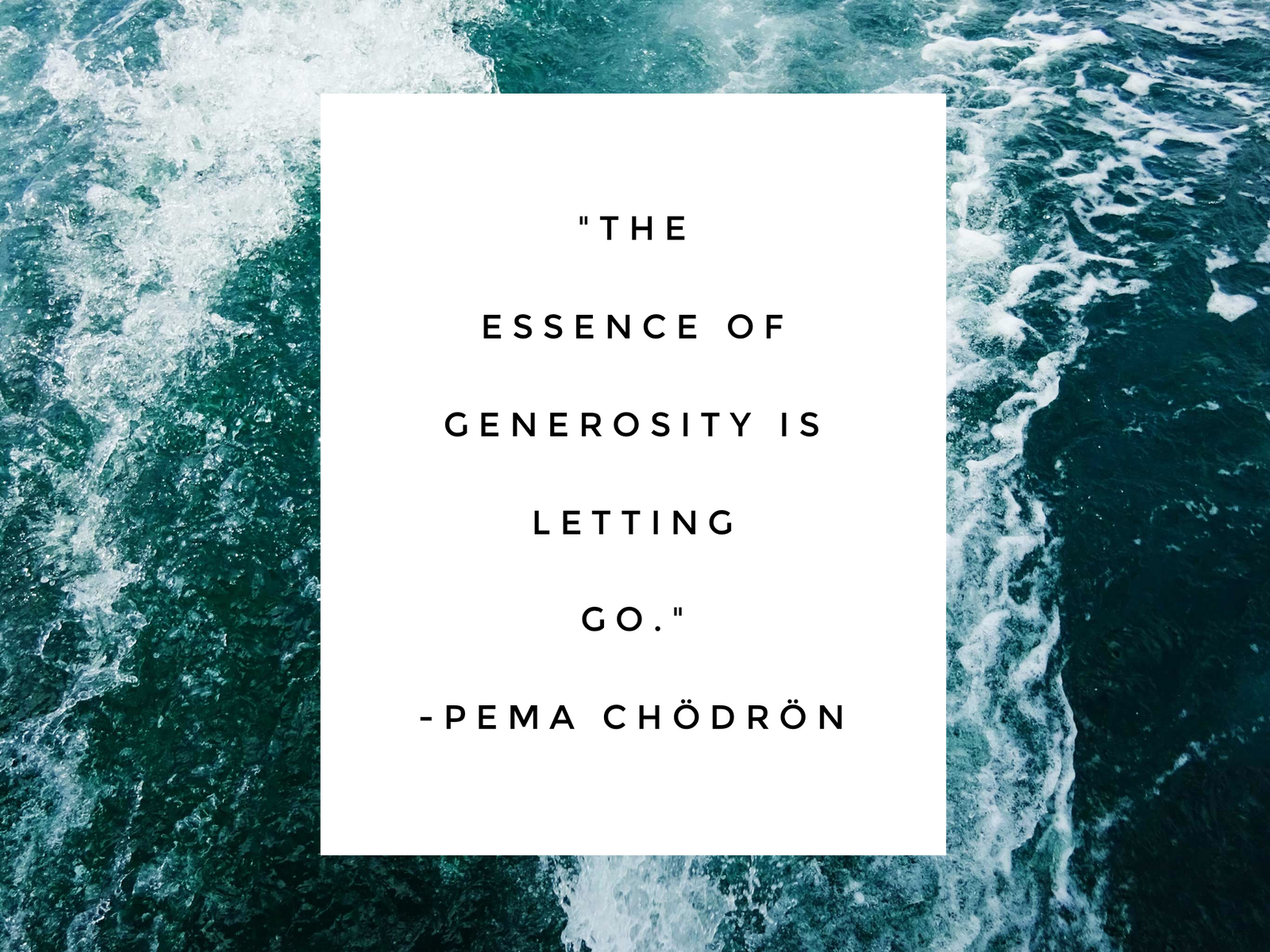During one of the dog days of summer here in the South, the kids and I took a hike with some friends. Toward the middle of the hike, we came to the sandy edge of the river. The rushing water crashed and buffeted over the exposed rocks, the water was down, we were in a drought. We all paused for a moment, watching the water break off into rivulets around the rocks, cresting, tumbling, and rejoining as it hurried on it's way down river. It was hot and the two year olds laid down and fully immersed themselves in the sun-warmed shallows before we could get their shoes off. No one was in swimming clothes, but we all got in the water anyway. The bigger kids hopped rock to rock and shouted to each other. They began to play a very good game: they would climb on the rocks to a place where the river's current made an S-shape. They'd jump in, stand strong with their feet planted on the riverbed, letting the current slip by them, and then in a moment of glorious surrender, they'd let go and let the current sweep them several feet downriver until they reached another out cropping of rocks, which they would scramble up, exhilarated, and do it all over again.
I watched, thinking the thoughts any mother would, "Look at him go!" "Is it safe?" "Where's the baby?" As I watched them do this again and again and again, surrendering to the power of the current, I got the familiar settled, sinking feeling in my gut when I believe perhaps God may be speaking, I thought,
"That's what it's like to live in the will of God. He's a mighty rushing river. Power I can't control or contain; I have to jump in with reckless, joyful, childlike abandon."
Surrender is a word that's swirling around my life this year, I've always thought of it as a forced thing, as a response to a threat, something the surrendering party really didn't want to do but had no other choice. Like when the boys play cops and robbers, hands-up surrender comes at a crisis moment of defeat. We've been watching Master Chef lately, when their time is up, the home chefs throw their hands up in surrender. The losing side of a war surrenders. We sang "I surrender all" growing up in church and it always felt a little like a divine hostage negotiation to me, I couldn't cipher it: I freely give him all of me (what's that mean?) and he gives me his love, power, joy, salvation (what's that mean?). The daily essence of my feeble faith is attempting to answer "what's that mean?"
I started to ask my small group about what it means to "surrender," we listened to a sermon by Henry Cloud that suggested when we are stressed and beyond our capacity, we must use that moment as a trigger to surrender our external stressors to God, like we were designed to.
So I asked my small group, "what's that mean, to surrender?" And across the board the answer I got was: "it means to let go."
"But how do you let go?" I insisted.
"You just let go."
"Yeah but how?"
"You just do it, Kate."
My father-in-law does this thing where if you're stubbornly clinging to a moot point, he makes you hold out a balled up fist. He'll hold his fist out until you hold yours out. Then he'll open it and say with a dramatic flourish "Let it go" and you have to do it too, whether you like it or not. And I never like it.
I was unsatisfied, unsettled with thinking of surrender like this.
In her primer on Buddhism,The Places That Scare You: A Guide to Fearlessness in Difficult Times, Pema Chodron writes:
The essence of generosity is letting go. Pain is always a sign that we are holding on to something—usually ourselves. When we feel unhappy, when we feel inadequate we get stingy; we hold on tight. Generosity is an activity that loosens us up. By offering whatever we can—a dollar, a flower, a word of encouragement—we are training in letting go. [...] There are so many ways to practice generosity. The main point isn't so much what we give but that we unlock our habit of clinging."
Thinking of surrender as an act of generosity, of letting go as giving away a gift, I finally understood, a little more fully, the lyrics to "I Surrender All."
The word "surrender" comes from 15th century French, from "sur" or "sous" meaning "you" and "rendre" from the latin, meaning "to give away." In a very real sense, surrender means to give yourself away.
Surrender is not a stick-em-up response to a threat; it's an open-handed act of generosity. A practice of giving ourselves away.
Yesterday the kids and I sat around the lunch table, plates piled on top of open school books. Finnly dragged out a small, brightly colored plastic box that he'd gotten at Chick-Fil-A ages ago, it had the words "Dinner Games" printed on it and was filled with cards that suggested games or questions we could play while we ate. He insisted we play a few, I said "fine"—all homeschool moms are weary at lunch time. One question was: "In what ways are you generous? How can you be more generous?"
Connor is going to share his legos with Finnly. Finnly is going to give more hugs and kisses (there wasn't much of a shortage there). And I said, after thinking about it, "I'm going to pause and give you guys more hugs and kisses during the day instead of trying to finish my to do list."
They both lit up.



